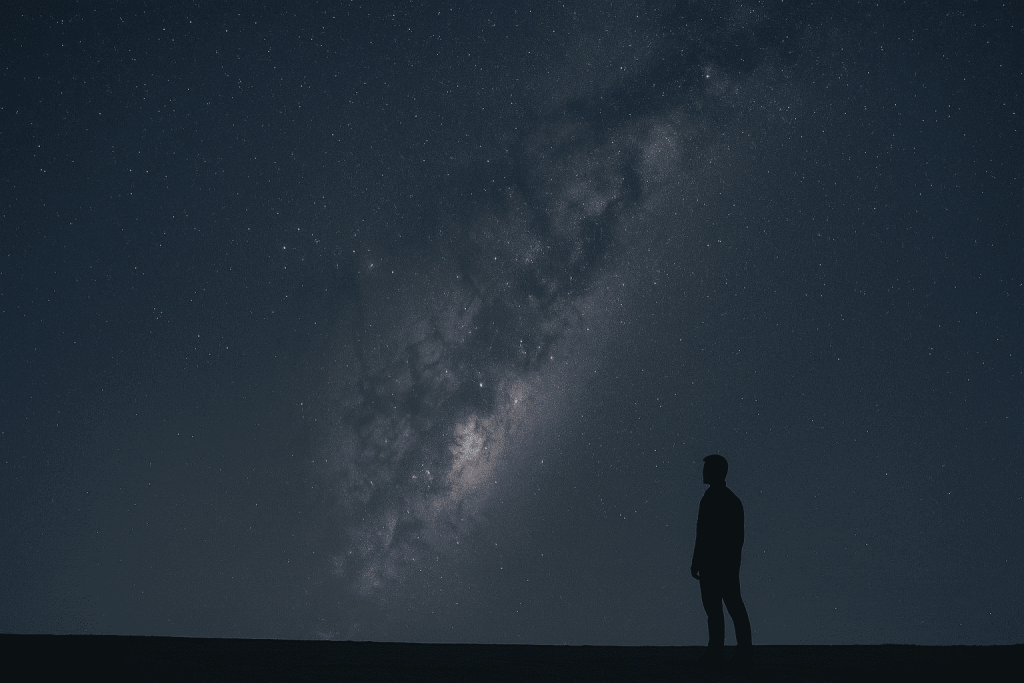For centuries, humanity has looked up at the night sky and pondered a timeless question: Are we alone in the universe? With the advancement of science and technology, this question has moved from the realm of philosophy to scientific investigation. At the heart of this search lies our home galaxy—the Milky Way Galaxy—a vast collection of stars, planets, and cosmic mysteries.
The Scale of the Milky Way Galaxy
To grasp the possibilities of extraterrestrial life, we must first understand the sheer scale of the Milky Way Galaxy. It is estimated to contain over 100 billion stars and perhaps even more planets. Many of these stars have planets in the so-called “habitable zone”—regions where conditions may support liquid water, and by extension, life as we know it. If even a tiny fraction of these planets host life, the implications are staggering.
The Search for Life Beyond Earth
Scientific efforts to answer the question “Are we alone in the universe?” have taken many forms. Projects like SETI (Search for Extraterrestrial Intelligence) scan the skies for radio signals from distant civilizations. Telescopes like NASA’s Kepler and James Webb Space Telescope search for Earth-like exoplanets and analyze their atmospheres for signs of biological activity.
Despite these efforts, we have yet to find definitive proof of alien life. But the absence of evidence is not evidence of absence. The universe is unimaginably vast—our Milky Way is just one of billions of galaxies. The silence could be a result of vast distances, technological differences, or even the rarity of intelligent life.
The Fermi Paradox and Possible Explanations
The Fermi Paradox highlights the contradiction between the high probability of extraterrestrial life and the lack of contact with such civilizations. Some scientists speculate that intelligent life may be self-destructive, or that advanced civilizations might deliberately avoid contact. Others suggest we may not yet be looking in the right way or at the right time.
Why This Question Matters
Asking “Are we alone in the universe?” goes beyond scientific curiosity. It challenges our understanding of life, our place in the cosmos, and the future of humanity. The Milky Way Galaxy, with its staggering number of worlds, invites us to continue exploring, questioning, and dreaming.
Final Thoughts
The Milky Way Galaxy serves as both a cosmic cradle and a cosmic mystery. While we haven’t yet answered the question definitively, each discovery—of a distant exoplanet, a new microbial form of life on Earth, or a faint cosmic signal—brings us closer. Until we find an answer, we remain voyagers, searching the stars for signs that we are not alone.



